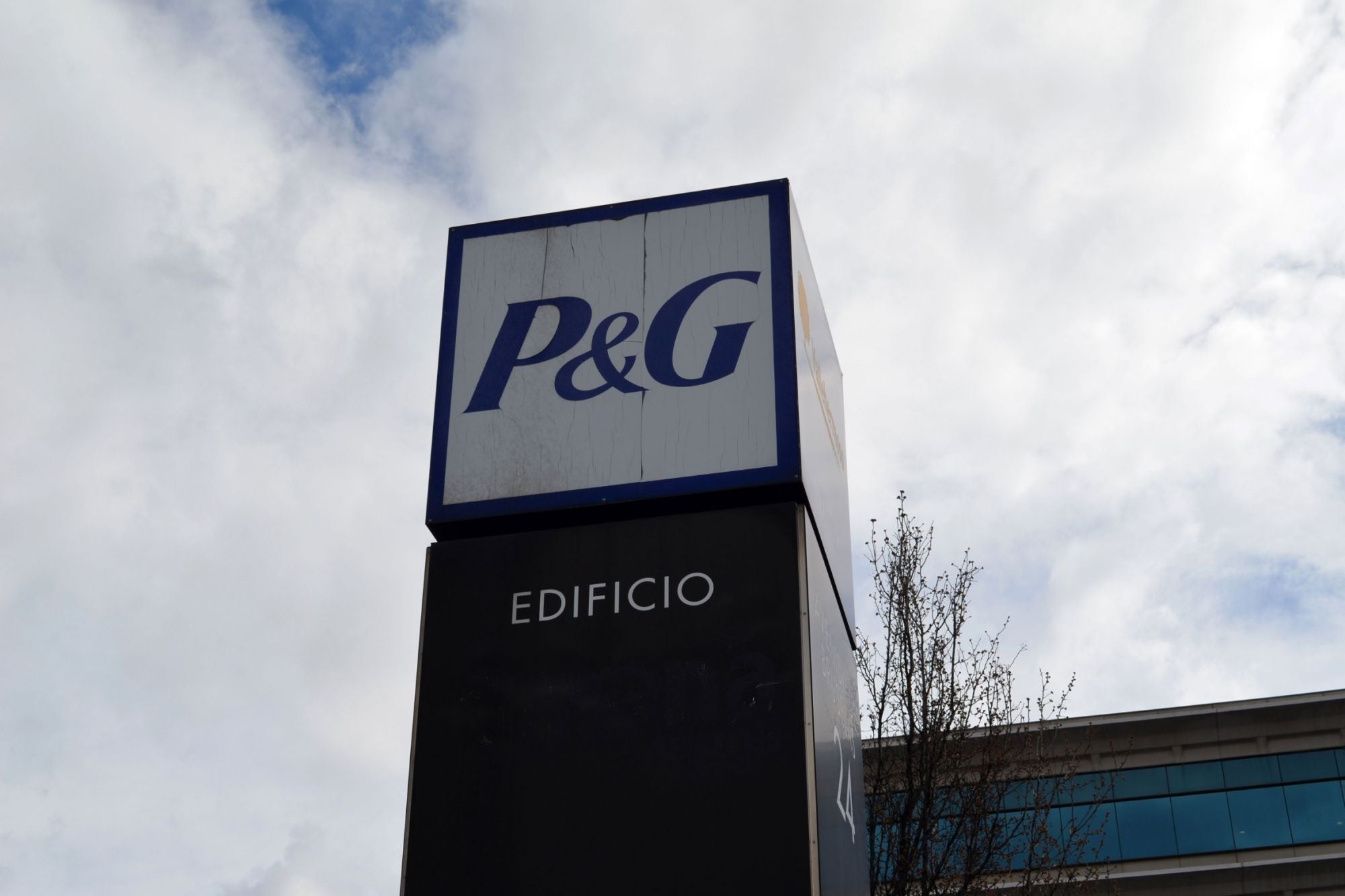Procter & Gamble Wants to Trademark WTF and LOL The company isn't the first to try and own something that is publicly and widely used.
By Nina Zipkin


To paraphrase Amy Poehler in the 2004 classic Mean Girls, Procter & Gamble doesn't want to just make regular cleaning products, it wants to make cool cleaning products.
It seems that in a move to appeal to a younger demographic, the parent company of brands including Febreze and Tide filed for trademarks for the use of internet favorite acronyms LOL, FML, NDB and WTF on household items such as liquid soap and dishwashing detergent.
The application is still in consideration and apparently this line of products isn't in the offing yet. While it might seem odd that a company would try and trademark words, colors or even sounds that are just out in the ether for everyone to use, P&G is far from the first entity to do so.
Last year, General Mills attempted and failed to trademark the use of the color yellow for the Cheerios box. In 1994, Harley Davidson also wasn't successful when it tried to trademark the sound of the motorcycle's engine revving.
Related: What Entrepreneurs Need to Know About Trademarks
There are some trademark attempts that are more successful but not without some fancy legal footwork. In 2010, Facebook, for example, was allowed to trademark the word "face," and the following year, Twitter was able to extract the word "tweet" from a third-party advertising platform that had beaten it to the punch.
On the celebrity business front, Kylie Jenner last year filed a trademark of her first name, which resulted in a legal kerfuffle with pop star Kylie Minogue for obvious reasons. In 2015, Taylor Swift put forth a successful trademark application to own lyrics including "This sick beat," "party like it's 1989" and "cause we never go out of style. Special mention goes to Paris Hilton. The heiress successfully trademarked her ubiquitous phrase "that's hot," even winning a lawsuit against Hallmark. Which goes to show the power of a well-crafted brand.
Whether the U.S. Patent Office deems P&G's request NBD or WTF remains to be seen, but if the company can make the case that it's a reasonable and integral part of its brand strategy, maybe it has a shot.












